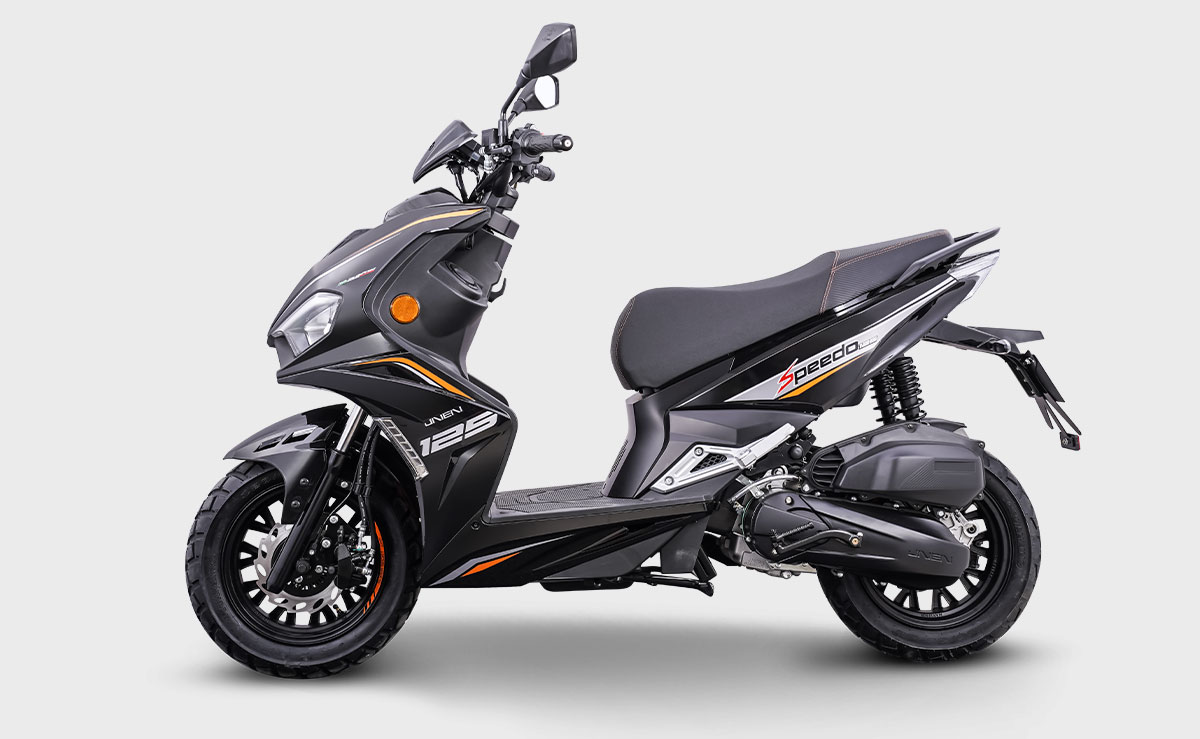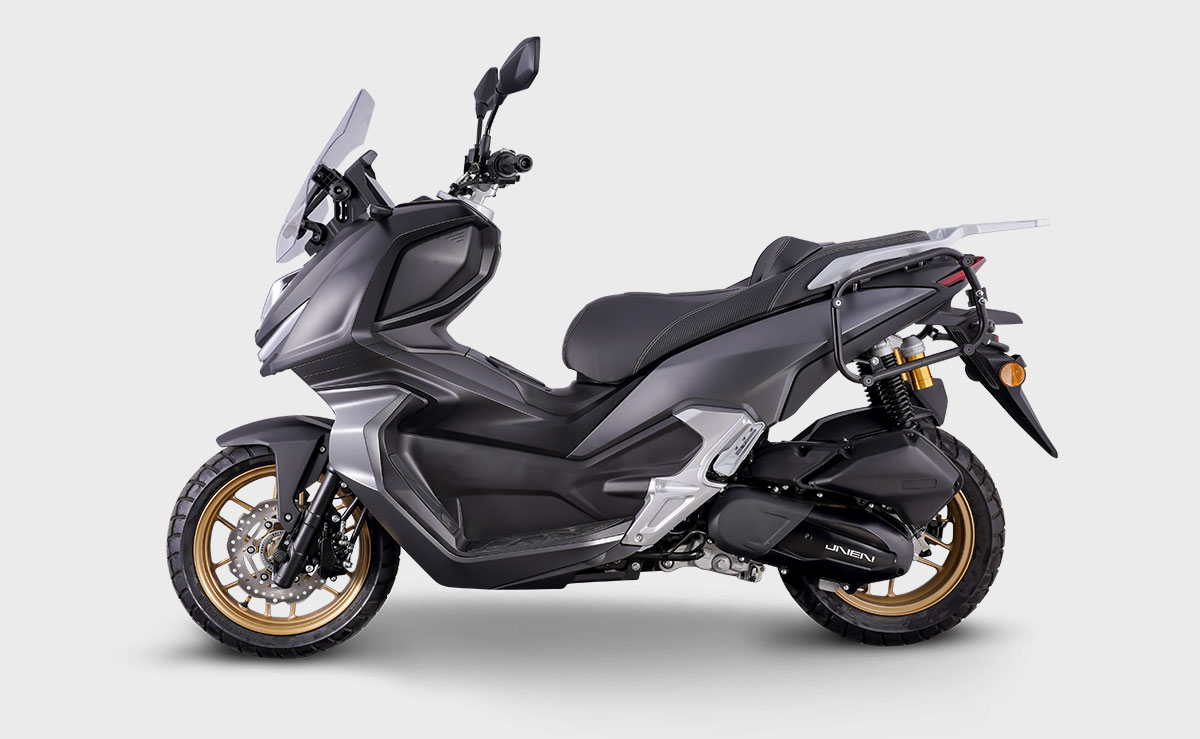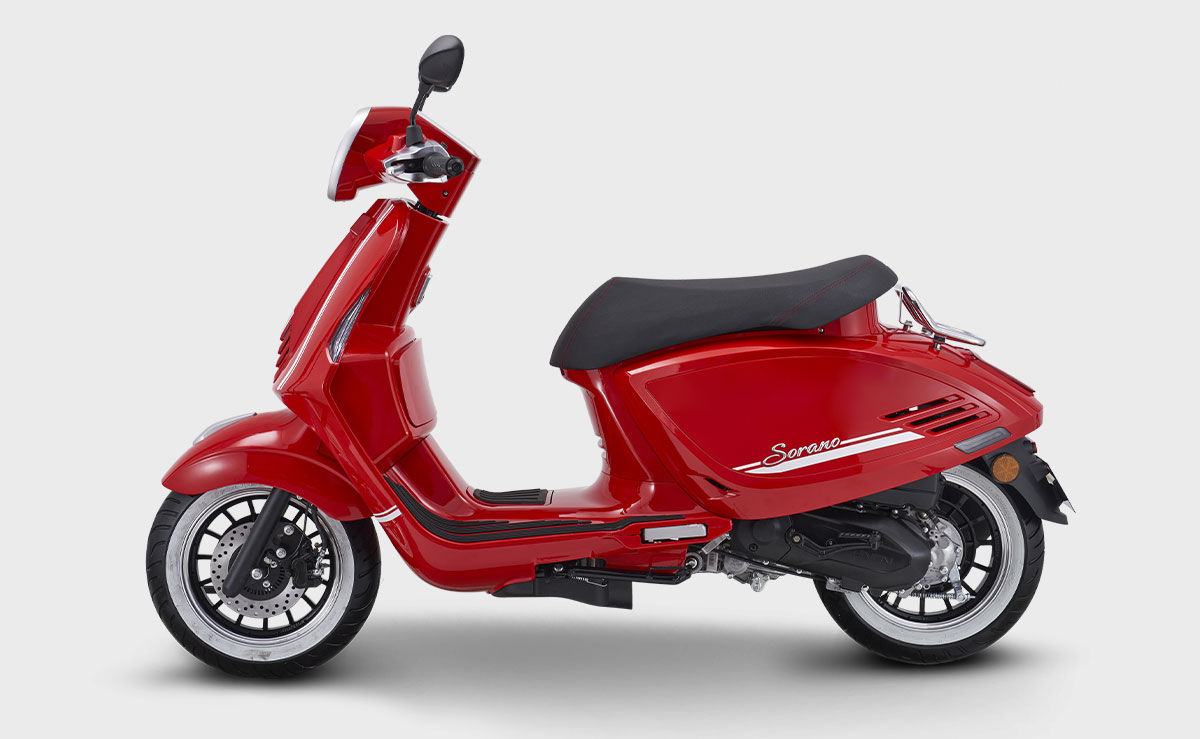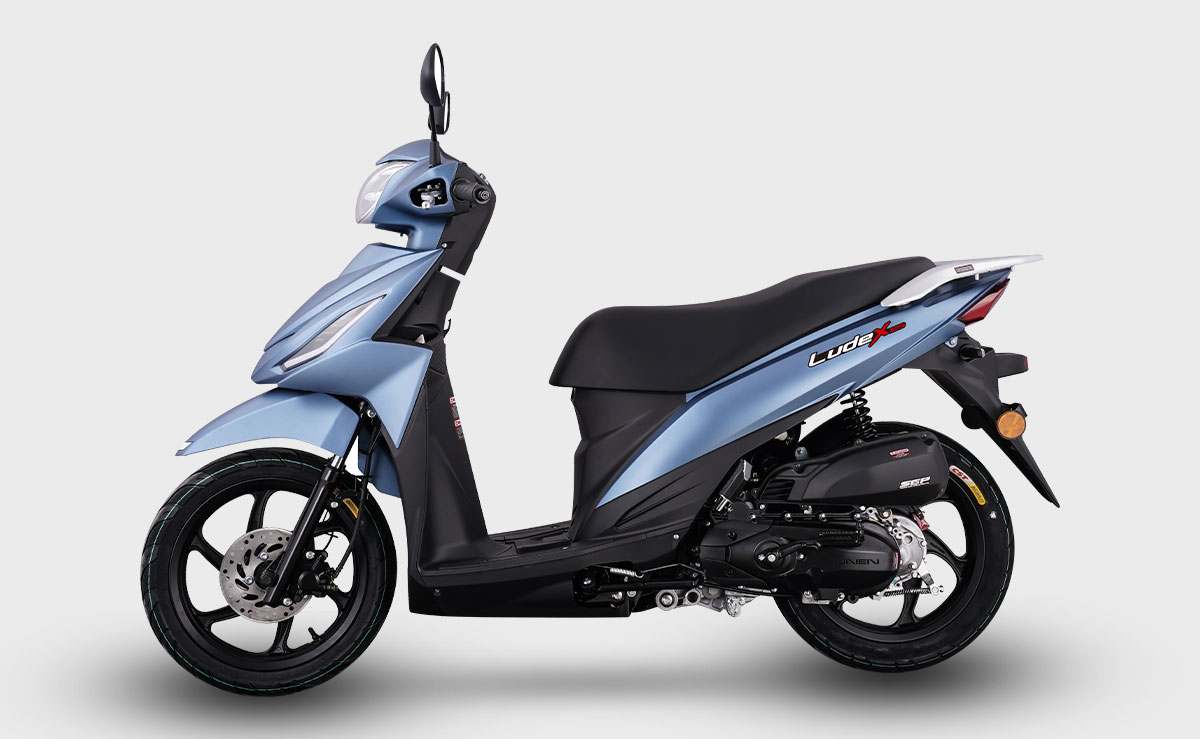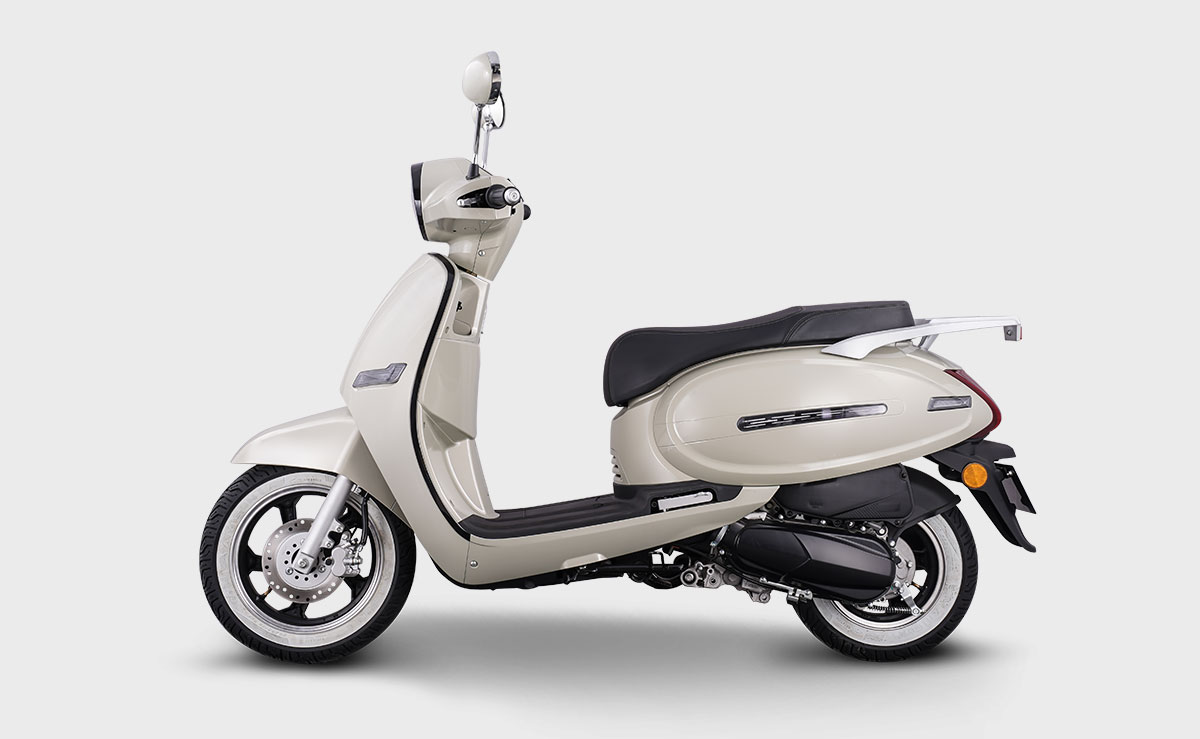The Environmental Impact of Small Scooters
Sale Custom small ev tiny electric scooters in China
Small scooters, often referred to as kick scooters or personal transporters, have become a popular mode of transportation in urban areas worldwide. They offer a convenient, quick, and seemingly eco-friendly alternative to cars, especially for short trips. However, the environmental impact of Sale small scooters is a complex issue that warrants a closer examination. This article will explore the various aspects of their ecological footprint, from production to disposal, and the potential for sustainable practices within the industry.
The popularity of small scooters has skyrocketed in recent years, with many cities embracing them as a solution to traffic congestion and pollution. These lightweight, compact vehicles are easy to maneuver and can be folded for easy storage, making them an attractive option for commuters and tourists alike.
The production of small scooters involves the use of various materials, including metals, plastics, and rubber. The extraction and processing of these materials can have significant environmental consequences, such as habitat destruction, water pollution, and greenhouse gas emissions. Manufacturers must consider the sourcing of materials and the energy used in production to minimize the environmental impact of Custom small ev scooter.
One of the key selling points of small scooters is their energy efficiency compared to traditional motor vehicles. They require little energy to operate, which can lead to reduced carbon emissions. However, the energy used in charging electric scooters must also be taken into account, with a focus on renewable energy sources to further decrease their environmental impact.
The rise of scooter-sharing services has made small scooters more accessible to the public. While this can reduce the number of individually owned scooters and the associated environmental costs, the frequent use and rapid turnover of shared scooters can lead to increased wear and tear, and consequently, a higher demand for new scooter production.
The disposal and recycling of small scooters present another set of environmental challenges. Many scooters end up in landfills, where they can take hundreds of years to decompose. Encouraging recycling programs and designing scooters with disassembly and recycling in mind can help mitigate this issue.
While small scooters can help reduce traffic congestion, their impact on urban infrastructure is not entirely positive. The need for parking spaces, charging stations, and maintenance can strain existing city resources. Additionally, the safety concerns raised by the sudden influx of scooters on sidewalks and streets must be addressed to reduce accidents and ensure a harmonious coexistence with other modes of transportation.
As the market for small scooters grows, so does the need for regulations and standards to ensure their safe and responsible use. Governments and regulatory bodies must work together with manufacturers to establish guidelines that protect both consumers and the environment.
Manufacturers of small scooters are continuously seeking ways to improve their product's environmental performance. Innovations in design, such as lightweight materials and energy-efficient components, can help reduce the overall ecological footprint of these vehicles.
Consumers play a crucial role in the environmental impact of tiny electric scooters in China. By choosing scooters with sustainable features, using them responsibly, and participating in recycling programs, consumers can help drive the market towards more eco-friendly options.
As cities continue to grapple with the challenges of urbanization, small scooters are likely to remain a popular transportation option. By addressing the environmental concerns associated with their production, use, and disposal, the industry can work towards a more sustainable future for these versatile vehicles.
Small scooters offer a promising solution to some of the challenges faced by urban environments, such as congestion and pollution. However, their environmental impact must be carefully considered and managed. By focusing on sustainable production methods, energy efficiency, responsible use, and end-of-life management, the small scooter industry can continue to grow while reducing its ecological footprint. It is a collaborative effort between manufacturers, consumers, and regulatory bodies to ensure that small scooters remain a green transportation choice for the future.
 Maroc
Maroc



 English
English 中文简体
中文简体 Español
Español

